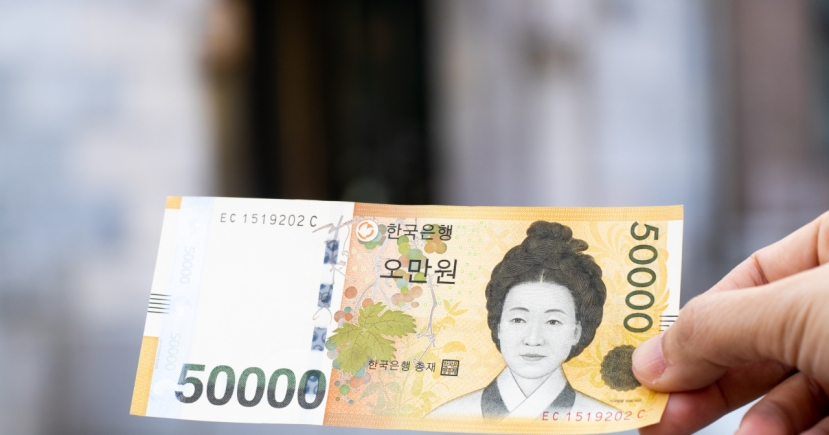Startups
S. Korean lawmaker urges bill to endow more voting power to startup founders
A lawmaker from South Korea’s ruling Democratic Party of Korea urged the passage of a bill that would allow venture companies to issue common shares with different voting rights and grant startup founders more voting power on Feb. 10, amid opposition that the potential move would undermine the principle of equal treatment of shareholders.
 |
Democratic Party Rep. Cho Jeong-sik speaks at the parliament on Feb. 10. |
The parliamentary bill is designed to encourage a “stable growth of venture companies” in the nation that bans issuing shares with different classes and lacks ways for a startup entrepreneurs to protect themselves, Democratic Party Rep. Cho Jeong-sik said in a press conference at the National Assembly.
Cho added the beneficiaries from the deregulation would be “limited to privately held venture companies” as defined in the Act on Special Measures for the Promotion of Venture Business.
Proposed by lawmakers including the ruling party’s Rep. Choi Woon-youl in August 2018, the revision of the Venture Business Promotion Act would allow a venture company to issue shares that carry at most 10 votes each. Lawmakers have said the founder-friendly bill would prevent majority stakeholders of a startup like venture capitalists from holding undue sway over a company and ensure startup entrepreneurs’ businesses remain intact. The parliamentary committee has yet to start examining the draft bill, according to a spokesperson of lawmaker Choi on Feb. 11.
The law has met opposition from of a minority in the left-leaning Democratic Party as well as activist civil groups, saying the potential move in favor of conglomerates would give the cold shoulder to minority shareholders.
“The revision will leave room that nonventure companies would also be able to issue multiple-class stocks later,” a spokesperson of activist group People’s Solidarity for Participatory Democracy told The Investor. “Moreover, we doubt that this matter is so imperative an issue (to venture company owners).”
By Son Ji-hyoung (consnow@heraldcorp.com)






![[KH Explains] Korean shipbuilding stocks rally: Real growth or bubble?](http://res.heraldm.com/phpwas/restmb_idxmake.php?idx=151&simg=/content/image/2024/04/25/20240425050656_0.jpg)
![[Hello India] Hyundai Motor vows to boost 'clean mobility' in India](http://res.heraldm.com/phpwas/restmb_idxmake.php?idx=151&simg=/content/image/2024/04/25/20240425050672_0.jpg)
